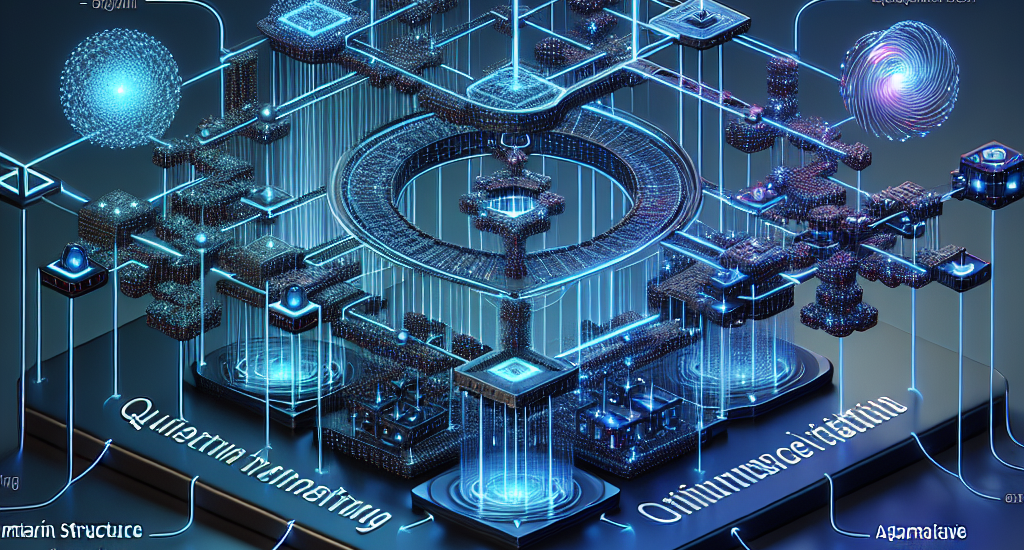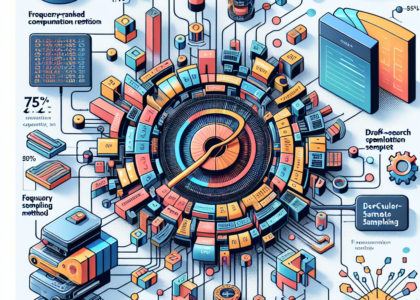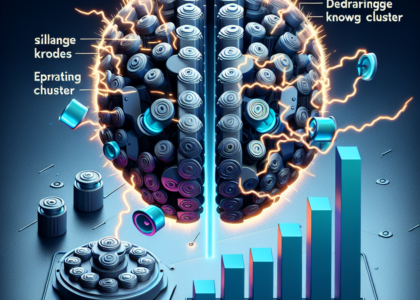Authors: Samuel Yen-Chi Chen
Abstract: The emergence of quantum reinforcement learning (QRL) is propelled by
advancements in quantum computing (QC) and machine learning (ML), particularly
through quantum neural networks (QNN) built on variational quantum circuits
(VQC). These advancements have proven successful in addressing sequential
decision-making tasks. However, constructing effective QRL models demands
significant expertise due to challenges in designing quantum circuit
architectures, including data encoding and parameterized circuits, which
profoundly influence model performance. In this paper, we propose addressing
this challenge with differentiable quantum architecture search (DiffQAS),
enabling trainable circuit parameters and structure weights using
gradient-based optimization. Furthermore, we enhance training efficiency
through asynchronous reinforcement learning (RL) methods facilitating parallel
training. Through numerical simulations, we demonstrate that our proposed
DiffQAS-QRL approach achieves performance comparable to manually-crafted
circuit architectures across considered environments, showcasing stability
across diverse scenarios. This methodology offers a pathway for designing QRL
models without extensive quantum knowledge, ensuring robust performance and
fostering broader application of QRL.
Source: http://arxiv.org/abs/2407.18202v1





